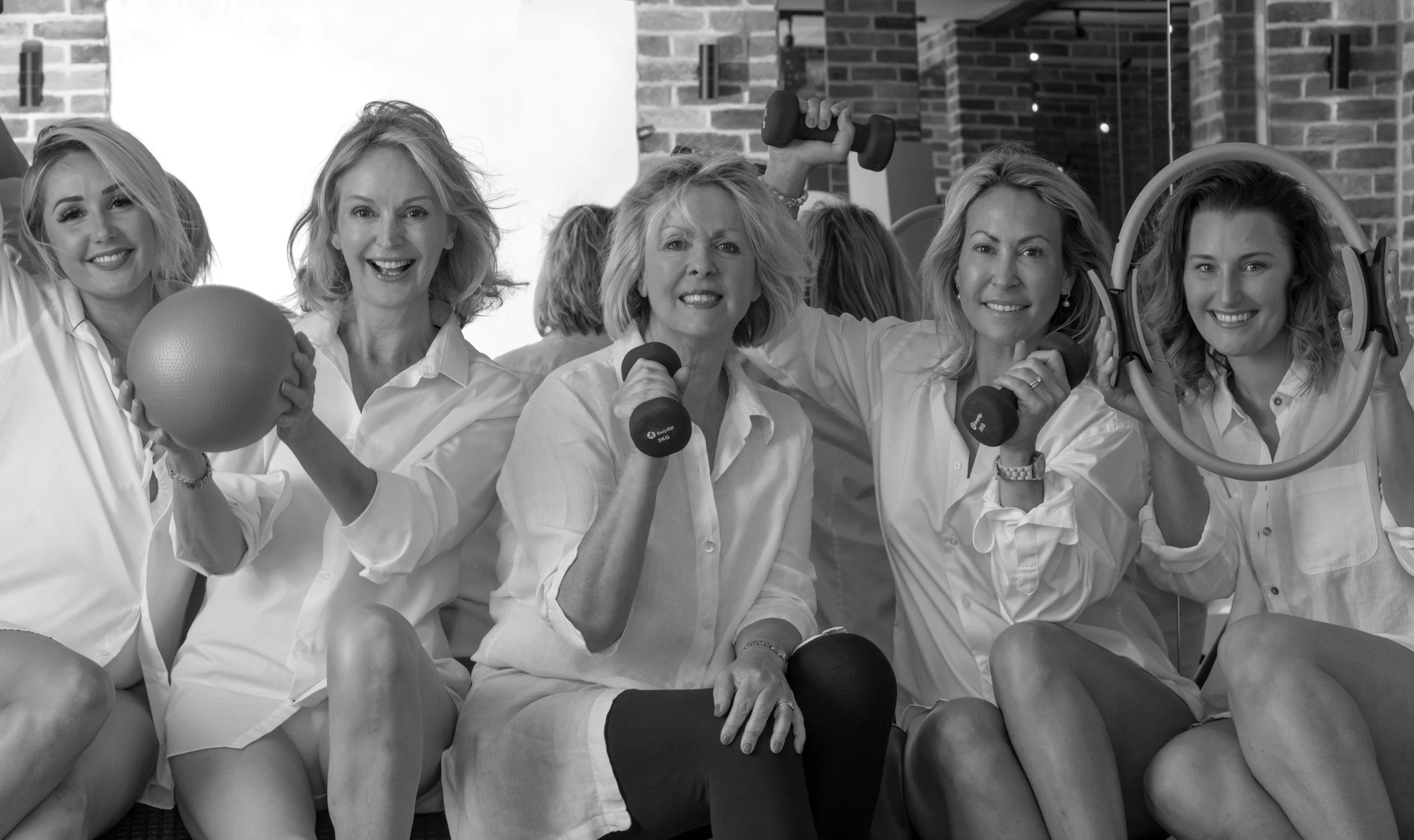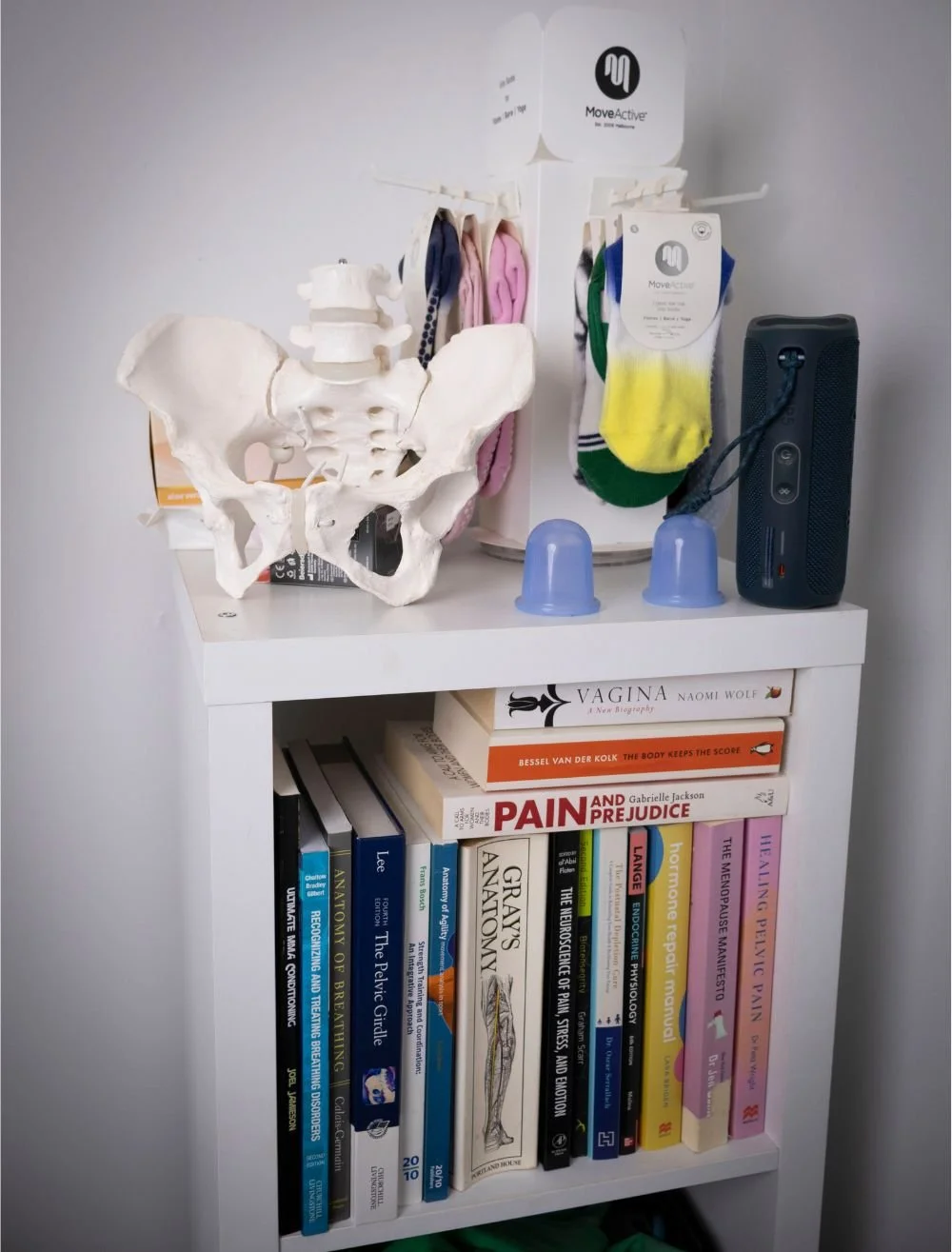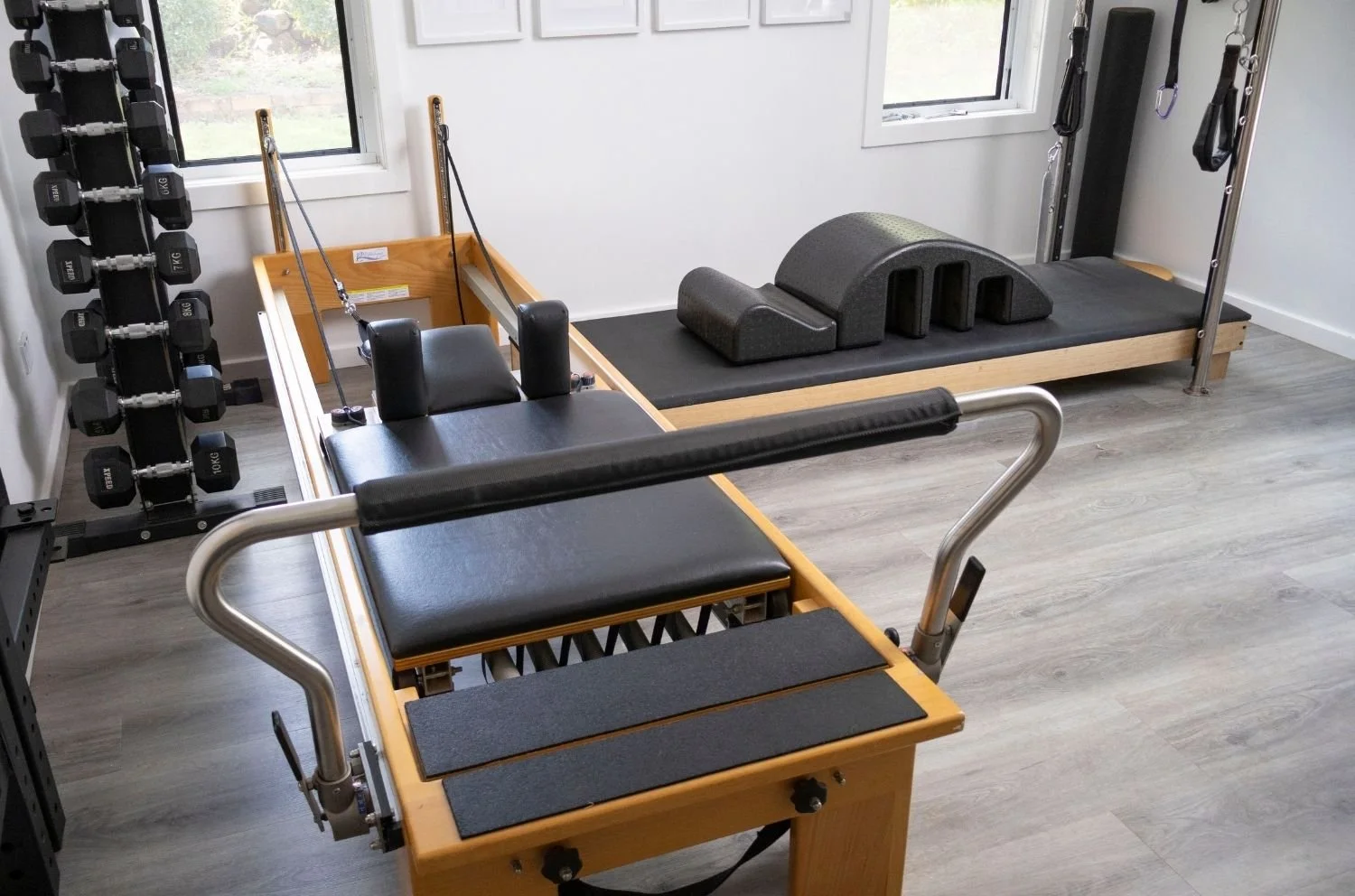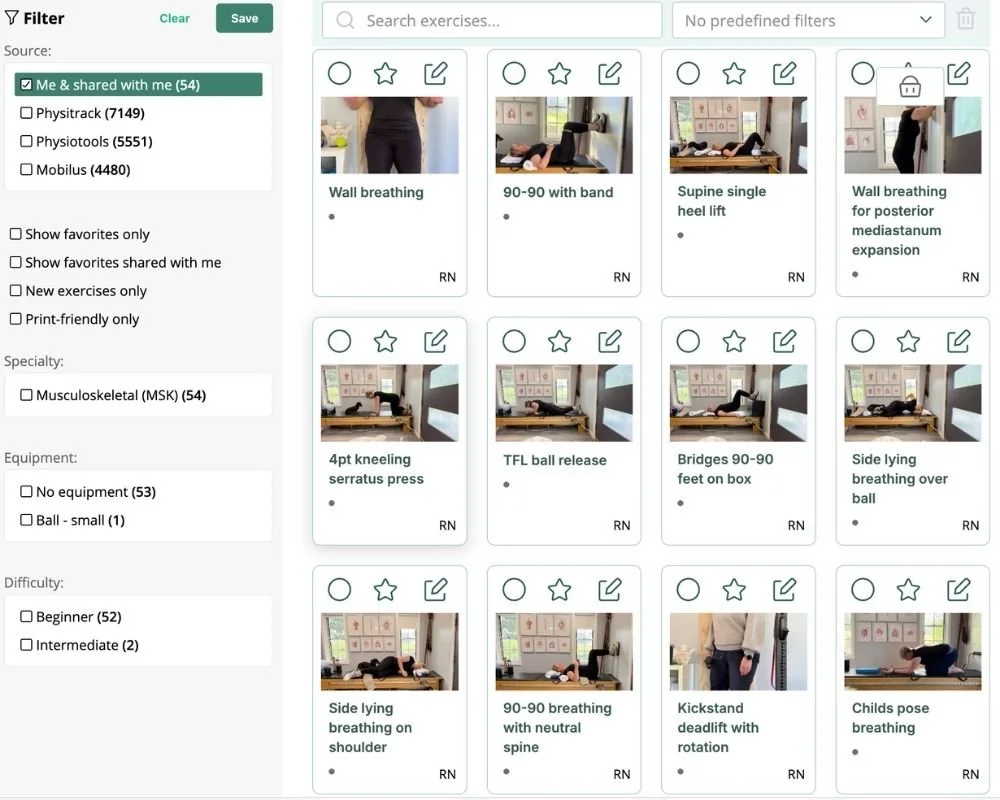Women’s Health Exercise Physiology Toowoomba
Let’s grab mid-life by the v*gina
Perimenopause and menopause can feel like a cruel joke.
Trust me I know, I’m here in the trenches.
But, we don’t have to lay down and take it.
Exercise is one of the best way’s to grab mid-life by the v*gina, put yourself first for a change and make your 40’s, 50’s and beyond the best years of your life
“What really set’s Rachel apart is not just her expertise, but her warmth and sense of humour”
Are you ready for mid- life to feel like a hell yes?
Women’s health exercise physiology could have you:
💚 Remembering what a good night’s sleep feels like
💚 Feeling agile and strong
💚 Building a strong and resilient body and bones
💚 Improving your pelvic floor function
💚 Minimising weight gain (especially in the belly)
💚 Feeling positive about the future
💚 Performing exercise that’s safe and effective for your circumstances
💚 Maintaining or even increasing muscle mass
Perimenopause and menopause doesn’t have to be all doom and gloom .
In cultures where it’s viewed positively, menopause symptoms are significantly lower.
In fact, in Japan, there is no word for menopause.
Instead, they call it konenki: meaning second spring
Hey, I’m Rach, your exercise physiologist next door.
And I’m in perimenopause too.
I understand the body changes, the symptoms and the feeling that I’m pushing sh*t uphill.
But as hard as it can sometimes be to move consistently during this life stage, it really is one of the best things we can do for ourselves.
The key?
Movement and exercise that meets you where you’re at and supports the transition to your ‘second spring’.
Hell yes to that!

Who it’s for.
For women who:
🩷 Who are feeling stiff and sore all the time
🩷 Who aren’t sleeping as well as they used to
🩷 Who want to minimise health risks post menopause
🩷 Have noticed an increase in pelvic floor symptoms such as leaking or heaviness
🩷 Who are feeling down about aging
🩷 Who have stopped saying yes to things due to pelvic floor concerns or pain
🩷 Are feeling a loss of positive self-identity as a fit and active woman.
🩷 Who have constant pain or niggles in their joints or muscles.
Who it’s not for.
Men— women only.
NDIS participants without prior conversation regarding suitability
Services I provide for perimenopause & menopause
Women’s Health Exercise Physiology
Clinical Pilates
Home Exercise Programs
The process:
Book and attend your initial assessment in my home clinic
1
Attend in clinic exercise, complete your home program consistently, or both.
2
3
Get back to living your life.
Kind Words
Are you ready to take charge of your menopause transition?
The Blog
Frequently Asked Questions
-
My fees are set based on my expertise, qualifications, and experience.
I have completed extensive additional training in pelvic floor function and exercise therapy, on top of my post-grad exercise physiology qualifications.
To learn more about the session prices, duration and inclusions, please click the “APPOINTMENT INFO” button below.
-
I help women in perimenopause and menopause with:
Frozen shoulder
Weight management
Osteopenia and osteoporosis
Pelvic floor dysfunction
Persistent pain
Bursitis, tendonopathies
Fibromyalgia, RA, arthritis
Hypermobility or hEDS
Who want to be fit and strong in their midlife and beyond
-
As an exercise physiologist, I focus on movement, exercise and education to treat or help you manage the symptoms of menopause.
This includes a whole body focus, rather than just looking at the effects of menopause.
After all, aging contributes to pain and dysfunction too!
While it is outside my scope to diagnose or perform manual therapy, I still perform tests, assessments and use my hands to assess or guide you in your movements.
-
An exercise physiology assessment for pelvic floor function involves:
A pelvic health screening questionnaire
A chat about your life experiences; from sports, to work, to your health history
A discussion about your goals
A posture assessment
Assessment of pressure management strategies
Movement analysis to look for compensations or limitations
Assessment of your muscle activation patterns (including breathing and core)
Testing of your strength and imbalances
A discussion to create a plan that fits your circumstances and your life.
-
No, you do not.
But you may be able to access a referral from your GP under a management plan if your pelvic floor dysfunction is chronic or you have another chronic condition such as low back pain.
This would qualify you for up to 5 sessions per calendar year, where you can claim a medicare rebate.











